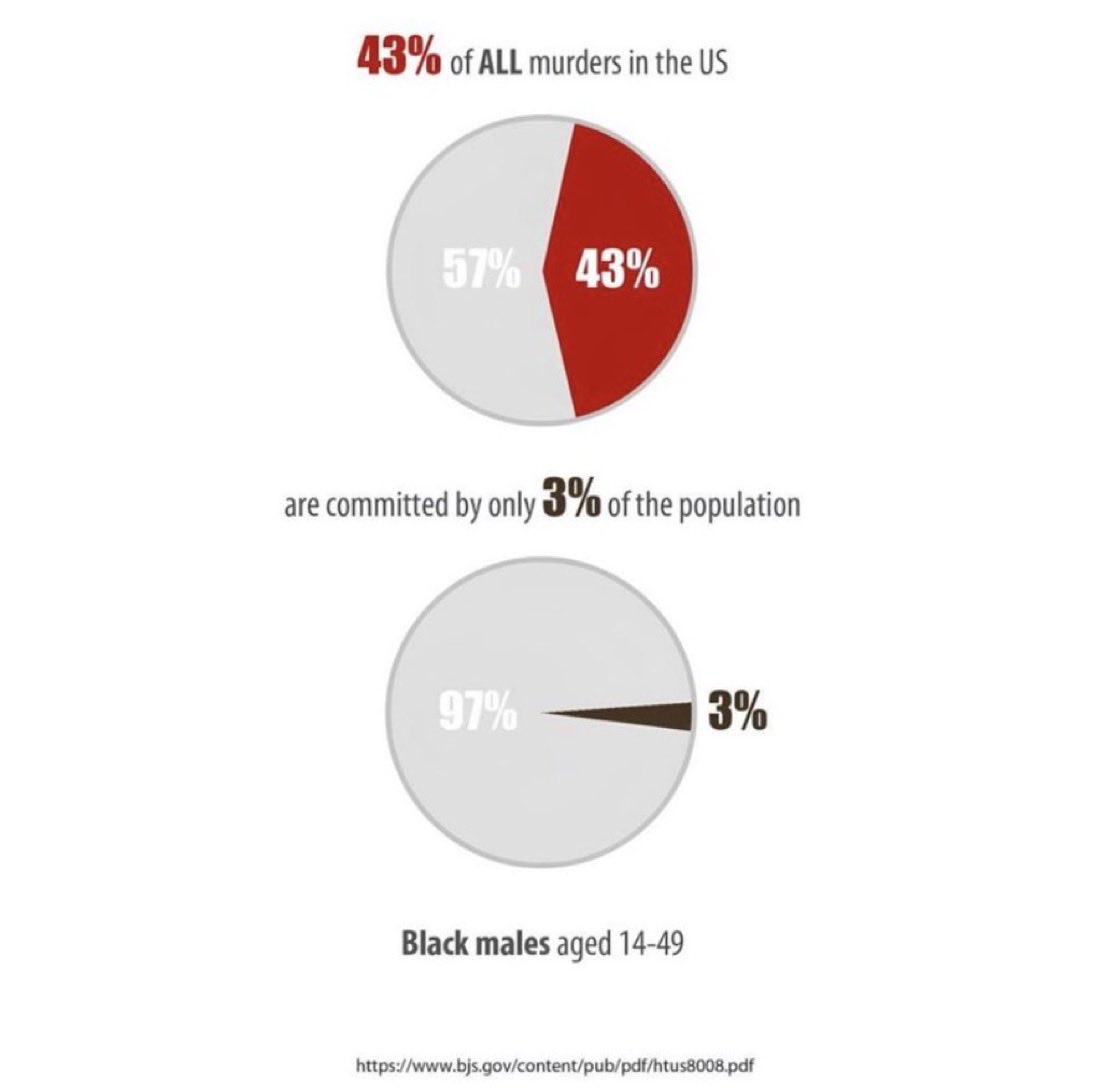The truth is nobody wins in wars except the #MilitaryIndustrialComplex and the #WarMachine financing banking systems sucking in billions of taxpayer dollars into the coffers of weapons manufacturers, infra builders and corrupt politicians.
A thread 🧵👇
A thread 🧵👇
Here’s a prev thread on wars and the #MilitaryIndustrialComplex
https://twitter.com/DeepBlueCrypto/status/1616096612027334656
China 🇨🇳 is shining green lasers down to Earth from space from their own satellites, this was near Hawaii
Are we entering the age of #StarWars
now that terrestrial wars are boring🤷♂️
Are we entering the age of #StarWars
now that terrestrial wars are boring🤷♂️
#Ukranian channels celebrating use of chemical weapons on #Russian soldiers. After release of the phosgene canister the soldiers appear to have spasms and neurological complications and eventually die.
War crimes are bad for either side. If Putin is
War crimes are bad for either side. If Putin is
https://twitter.com/ArthurM40330824/status/1622780662259261442/video/1… twitter.com/i/web/status/1…
Phosgene canisters on drones that the Ukrainian regime is using against the Russian troops are deadly neurotoxins.
You don’t need concentration camps when you can send phosgene gas with drones. History repeats itself.
#ZelenskyWarCriminal #WW2
You don’t need concentration camps when you can send phosgene gas with drones. History repeats itself.
#ZelenskyWarCriminal #WW2
This is the greatest war leader that ever lived of all times — Zelensky
A SHORT WESTERN STORY
— BEGIN
THE WEST INSTIGATES THE FIGHT
WESTERN MEDIA BLAMES <BLAH>
WESTERN INTELLIGENCE SUPPORTS
— END
SAME EXACT STORY… REPEATS
NAME CHANGE TO SOMEONE ELSE
— BEGIN
THE WEST INSTIGATES THE FIGHT
WESTERN MEDIA BLAMES <BLAH>
WESTERN INTELLIGENCE SUPPORTS
— END
SAME EXACT STORY… REPEATS
NAME CHANGE TO SOMEONE ELSE

You got oil, we got a war for your freedom, democracy & prosperity
The recession proof safest jobs in the world in #MilitaryIndustrialComplex 

The U.S. military suffered a staggering 25% enrollment deficit last year. This is not surprising: young Americans do not want to risk their lives for a country they’re taught to be ashamed of.
THEY PROBABLY NEED “TOPGUN 3” TO JUMPSTART THEIR … twitter.com/i/web/status/1…
THEY PROBABLY NEED “TOPGUN 3” TO JUMPSTART THEIR … twitter.com/i/web/status/1…
Listening to this #Warmonger John Bolton talk about Russia Ukraine was because of Ukraine not joining NATO sooner… WTF, it’s people like these that destroy world peace and they want an endless war from our…
#MilitaryIndustrialComplex
#MilitaryIndustrialComplex
Military #GoWokeGoBroke 

$100+ billion for Ukraine borders
$0 for protecting American borders
$0 for protecting American borders
https://twitter.com/repthomasmassie/status/1625090008360144896
There’s never a war in history that Hillary Clinton hasn’t loved. She’d love to be the commander in chief when the trigger needs to be pushed for a #NuclearWar #WWIII
It’s looking like the Biden ordered Nordstream pipeline blasts triggered a #WWIII #WW3 #NuclearWar
https://twitter.com/MarioNawfal/status/1625526945566916608
ENTIRE UKRAINE WAR FUNDING IS A MASSIVE COVERUP & CLEANUP OP
Do you know the reasons why US is so adamant in helping Ukraine with 100s of billions of dollars and weapons aid, it’s more than just helping the poor people of Ukraine. It’s to protect themselves from biological… twitter.com/i/web/status/1…
Do you know the reasons why US is so adamant in helping Ukraine with 100s of billions of dollars and weapons aid, it’s more than just helping the poor people of Ukraine. It’s to protect themselves from biological… twitter.com/i/web/status/1…
Then along came Seymour Hersh with an article detailing US involvement in blowing up the Nordstream pipelines. EU and the western NATO allies are still not investigating these war crimes
Q: Did you just fire $400,000 missiles at $12 local hobby club balloons
A: No… we made sure to attach Chinese tags to the balloons 🎈 😂
A: No… we made sure to attach Chinese tags to the balloons 🎈 😂

Seymour Hersh one of the best reporter with journalistic integrity in the world reports that USA blew Nordstream pipelines with help from Norway and the EU is totally silent.
Has the EU become so subservient to the US empire that they are scared to ask … twitter.com/i/web/status/1…
Has the EU become so subservient to the US empire that they are scared to ask … twitter.com/i/web/status/1…
USA spends $1 trillion a year on military budget. USA starts wars unnecessarily all over the world with NATO and its allies.
How does #militaryindustrialcomplex fund other infrastructure development like fast trains and great roads 🤷♂️
How does #militaryindustrialcomplex fund other infrastructure development like fast trains and great roads 🤷♂️

Biden has started the @WWIII by blowing up the #nordstreampipeline
https://twitter.com/marionawfal/status/1627476068704591872
Ukraine's Zelenskyy: "If China allies itself with Russia, there will be a world war."
What Zelensky fails to understand is the seeds of #WWIII have already been sowed by USA & NATO when they blew up #NordStream pipelines. Ukraine is a collateral damage in this proxy war with… twitter.com/i/web/status/1…
What Zelensky fails to understand is the seeds of #WWIII have already been sowed by USA & NATO when they blew up #NordStream pipelines. Ukraine is a collateral damage in this proxy war with… twitter.com/i/web/status/1…

USA and NATO are stupid to push us into #WWIII 

Biden is a war criminal as much as Putin for blowing up Nordstream pipeline and pushing us to the brink of #WW3 #WWIII 

PENTAGON INSIDER CONFIRMS THE SEYMOUR HERSH STORY — BIDEN ORDERED THE NORDSTREAM BLAST
https://twitter.com/ricwe123/status/1626569050372427780
Biden — WTF did you escalate the war
https://twitter.com/marionawfal/status/1627808998903668737
Do you know the real reason why Vladimir Putin has wide support in Russia?
After the fall of Soviet Union, there was rampant corruption, chaos, death and destruction everywhere. The entire society crumbled in Russia. Putin was seen as a strong leader who … twitter.com/i/web/status/1…
After the fall of Soviet Union, there was rampant corruption, chaos, death and destruction everywhere. The entire society crumbled in Russia. Putin was seen as a strong leader who … twitter.com/i/web/status/1…
The warmongers are trying to drag us into WW3, which can only end in one way: nuclear annihilation and the suffering and death of all our loved ones. Zelensky, Biden, NATO, congressional leaders and media neocons are insane. And we are insane if we … twitter.com/i/web/status/1…
• • •
Missing some Tweet in this thread? You can try to
force a refresh




















